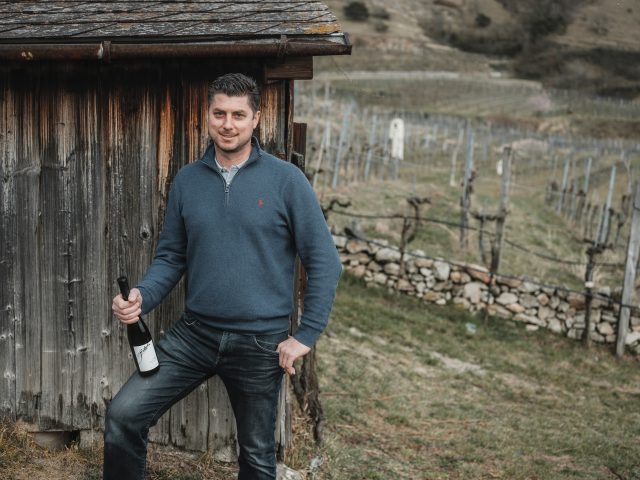This website uses cookies so that we can provide you with the best user experience possible. Cookie information is stored in your browser and performs functions such as recognising you when you return to our website and helping our team to understand which sections of the website you find most interesting and useful.
Second producer quits ‘obsolete’ Austrian wine body
Franz-Josef Gritsch has become the latest producer to resign from Vinea Wachau, arguing that the Austrian regional association’s classification system is outdated in the face of climate change and unhelpful for international consumers.

The move by seventh-generation family winery Franz-Josef Gritsch, which has been a member of Vinea Wachau since the association was created 40 years ago, echoes the 2020 departure of fellow Wachau producer FX Pichler.
Like Pichler, Gritsch disagrees with the Vinea Wachau decision to retain designations such as Federspiel and Smaragd, which are based on alcohol content, alongside the new, origin-based classification pyramid, which was introduced when the Wachau gained protected DAC status in 2020.
“We feel increasingly that this categorisation does not stand up to climate change,” argues Gritsch of the traditional Vinea Wachau system, stating that in the modern era, “an alcohol classification says nothing about wine quality.”
He also cited feedback from international customers as part of the decision to leave Vinea Wachau.
“Our partners and traders in various export markets tell us constantly that it is now obsolete to classify wine by its alcohol level,” Gritsch said.
By contrast, Gritsch stressed his support for Austria’s DAC system, which classifies wine as either regional, village or single vineyard. In the case of the Wachau, only Grüner Veltliner and Riesling can be used for wines bearing the single vineyard top designation.
“I think this focus on origin is the right one for our area,” maintained Gritsch. “A wine with 12.5% alcohol from a top vineyard is usually superior to a wine from non-terraced vineyards, even if it has more alcohol.”
Although it is possible for labels to display a wine’s DAC tier alongside its Vinea Wachau designation, Gritsch suggested that the association missed an opportunity to align its system entirely with the new DAC criteria.
“The Wachau DAC regulation has given the region a new, future-oriented system,” he remarked. “In my opinion, that duplication with the Vinea rules does not make sense. Hence my resignation.”
Based in the town of Spitz, Gritsch farms 15 hectares across some of the Wachau’s most highly regarded sites, including Axpoint, Hochrain, Loibenberg, Klaus, Singerriedel, Setzberg, 1000-Eimerberg, Kalkofen and the steep, 80% gradient terraces of Durnsteiner Burg.
It is the unique character of this UNESCO protected Wachau terroir that Gritsch believes the DAC classification is better placed to preserve and enhance.
Stressing his desire to maintain good relations with Vinea Wachau’s roughly 200-strong membership base, he concluded: “I hope that my efforts will provide a trend-setting impetus and contribute to the further development of viticulture in my region.”

